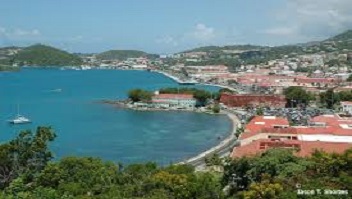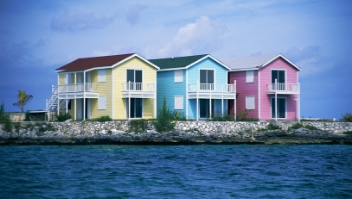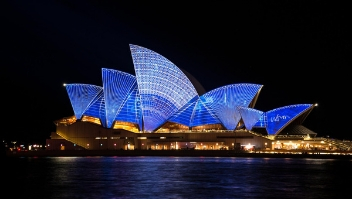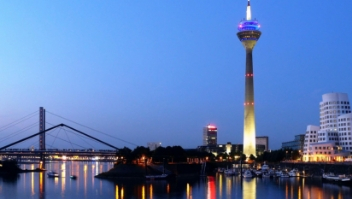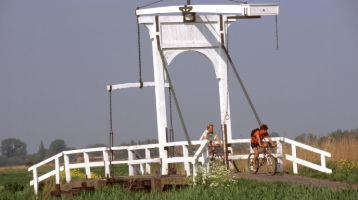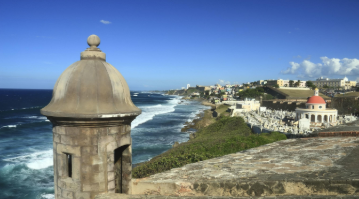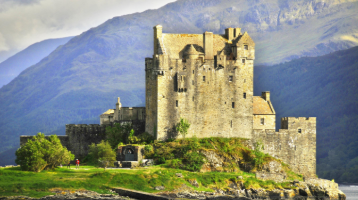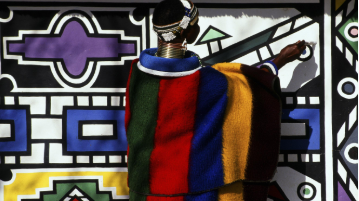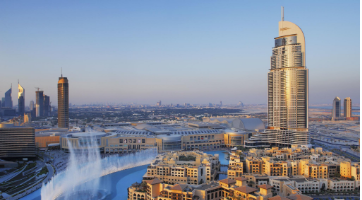Budapest, an old-world city with a throbbing urban pulse, is a must-stop on any trip to Central Europe. Szentendre and Eger have their own charms, including majestic hilltop castles and cobblestone streets winding among lovely baroque buildings. All this, and the generosity of the Magyar soul, sustains visitors to this land of vital spirit and beauty.
Hungary sits at the crossroads of Central Europe, having retained its own identity by absorbing countless invasions and foreign occupations. Its industrious, resilient people have a history of brave but unfortunate uprisings: against the Turks in the 17th century, the Habsburgs in 1848, and the Soviet Union in 1956. With the withdrawal of the last Soviet soldiers from Hungarian soil in 1991, Hungary embarked on a decade of sweeping changes. The adjustment to a free-market economy has not all been easy sailing, but Hungary at long last has regained self-determination and a chance to rebuild an economy devastated by years of communist misrule.
Hungary joined NATO in 1999, and the country joined the European Union (EU) in May 2004. In 2002, then 39-year-old Prime Minister Viktor Orbán was the subject of gentle mockery when he suggested that the Hungarian economy was like a guided missile that had taken off and which could not be shot down. Orbán’s increasingly right-wing FIDESZ party won the 2010 parliamentary elections, achieving a supermajority, and the party has since redrawn the Hungarian constitution.
Two rivers cross the country: the famous Duna (Danube) flows from the west through Budapest on its way to the southern frontier, and the smaller Tisza flows from the northeast across the Nagyalföld (Great Plain). What Hungary lacks in size it makes up for in beauty and charm. Hungarians are known for their hospitality. Although their unusual and difficult language is anything but a quick study, English is fast becoming the second language of Hungary, even superseding German. But what all Hungarians share is a deep love of music, and the calendar is studded with it, from Budapest’s famous opera to its annual spring music festival. And at many more touristy restaurants Gypsy violinists serenade you during your evening meal.



